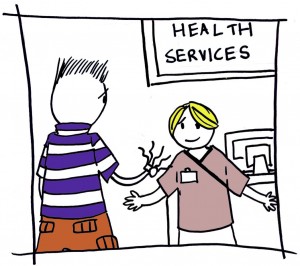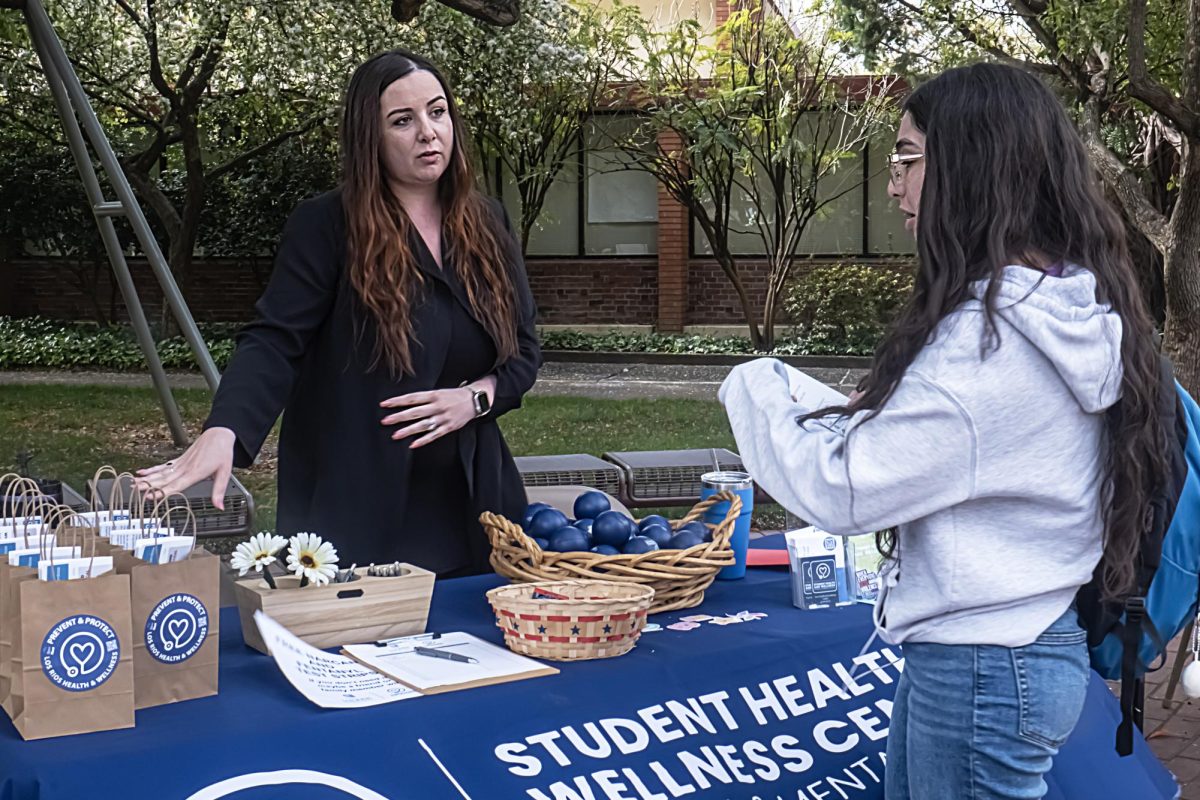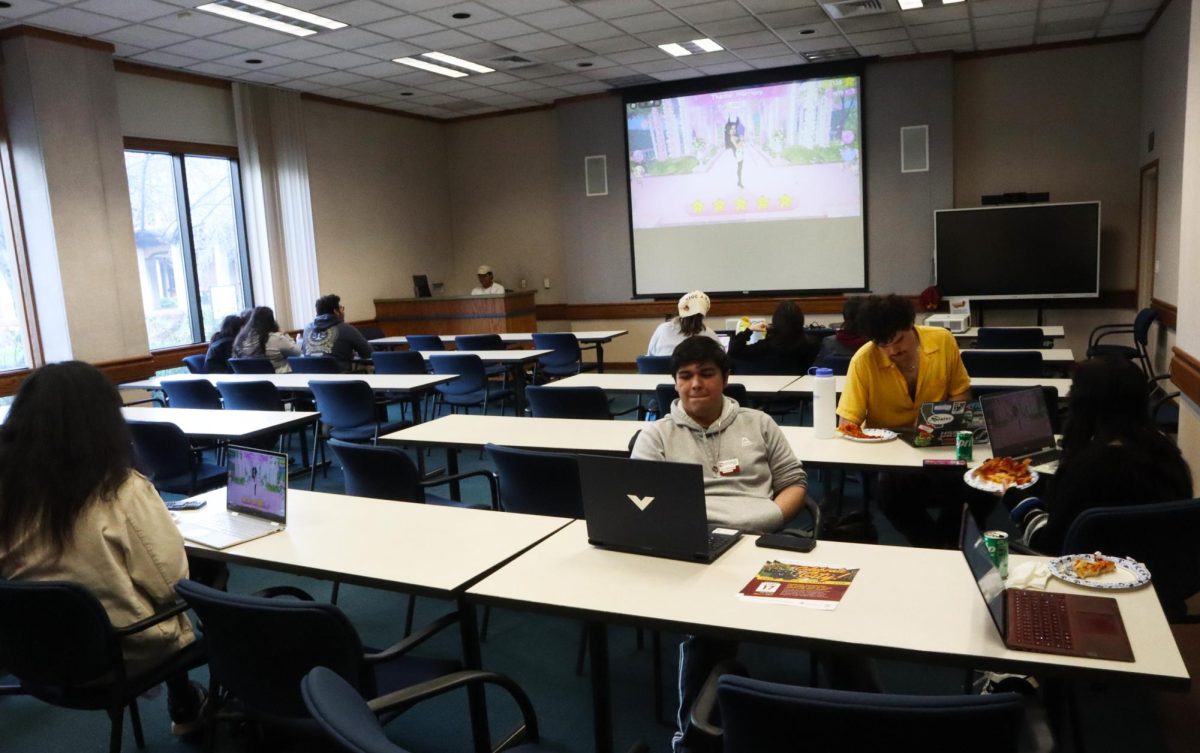
The United States House of Representatives passed a historic healthcare reform bill March 21.
Students, staff and faculty are unsure about how a federal health care reform package will help City College, but they remain hopeful.
The bill, which was signed into law by President Barack Obama on March 23, marks a new age in health care and social change. It is being compared by many to the establishment of Medicare and Social Security.
The package is expected to extend health care benefits to an additional 32 million Americans. The legislation includes immediate access to insurance for uninsured individuals with pre-existing conditions, according to the White House Web site.
Other changes to go into effect immediately include eliminating discrimination against children with pre-existing conditions, banning people from being dropped from health insurance when they become ill and ending lifetime coverage limits. The law will also create free preventive care.
How the law will be implemented remains unclear to City College nurse Jeff Christian, but he is optimistic that City College students will benefit.
“Hopefully we put something in place, finally, where everybody feels they can get their needs met when they do have to see a doctor.” Christian said. “ And [people] will feel they can go in and not have to pay an arm and a leg to get seen.”
With 6.6 million residents without health insurance, California has the highest population of uninsured people in the U.S., according to the California Health Care Almanac published in December 2009. Six percent of uninsured Californians are from 18 to 20 years old. That percentage doubles for those 21 to 24 years old.
The almanac states Californians between the ages of 25 and 34 have the highest uninsured rate. This group makes up more than a quarter of the state’s uninsured.
Young adults often lose their health insurance if covered under their parent’s policy at the age of 19 or when they graduate from college. The law will also immediately extend the coverage of students’ covered under their parent’s or guardian’s policy to 26 according to the White House website.
Christian said he sees students every day coming into his office needing medical assistance, but many have no health insurance..
“Today is a great example,” he said. “There is a student that came in and it looks like he broke his hand and needs to go in and get an X-ray and possibly get casted. We are in the process of trying to find something for him that works within his budget, which isn’t much because he is a student.”
City College Health Services offers free first aid, health screening, confidential health counseling and reproductive services to students.
For students who need dental or vision assistance, Health Services offer referrals to local businesses that have affordable health options.
“Los Rios is one of two districts in the whole state that do[es] not charge a health fee,” Christian said.
Students can currently also take advantage of two health care plans on campus. The American Association of Community Colleges Student Insurance Community College Plan and the Student Health Insurance Plan are both sponsored by the Community College League of California.
But the health plans have their restrictions, Christian said.
There are limitations of what can by covered, maximum dollar amounts that students can use and deductibles before the services even kick in. The coverage is best suited for someone who has preventive care and needs to see a doctor for an illness that comes up, such as the flu. There is also a co-payment for all doctor visits, Christian said.
City College environmental science student Andrea Allen likes the idea of health care reform, but is concerned about how it will affect the economy, she said.
“I have mixed feelings about it. I think it is really wonderful for everybody to have health insurance, but I don’t know how we are going to pay for it,” Allen said. “I feel really worried about the deficit in general.”
Not only are some skeptical of the cost of the plan, but others, such as aeronautics student Bruce Duncan, are worried about the individual restrictions that could occur as the plan rolls out.
“It is going to detract from my ability to access health care because the government will be in charge of everything,” Duncan said. “People will lose their ability to choose what they want.”
Other changes in health legislation will affect the City College population.
President Obama has reiterated the ban of federal tax money funding abortion, in his executive order March 23, except in cases of incest, rape or physical danger of the mother.
The new legislation has also imposes a 10 percent tax on the cost of indoor tanning that will be effective on or after July 1, 2010.
Many in the City College community understand that the new law may improve health care, but they are not sure how or when they will start to see the health care plan unfold.
“It is great that this has passed, but let’s find out exactly what it means,” Christian said.






























